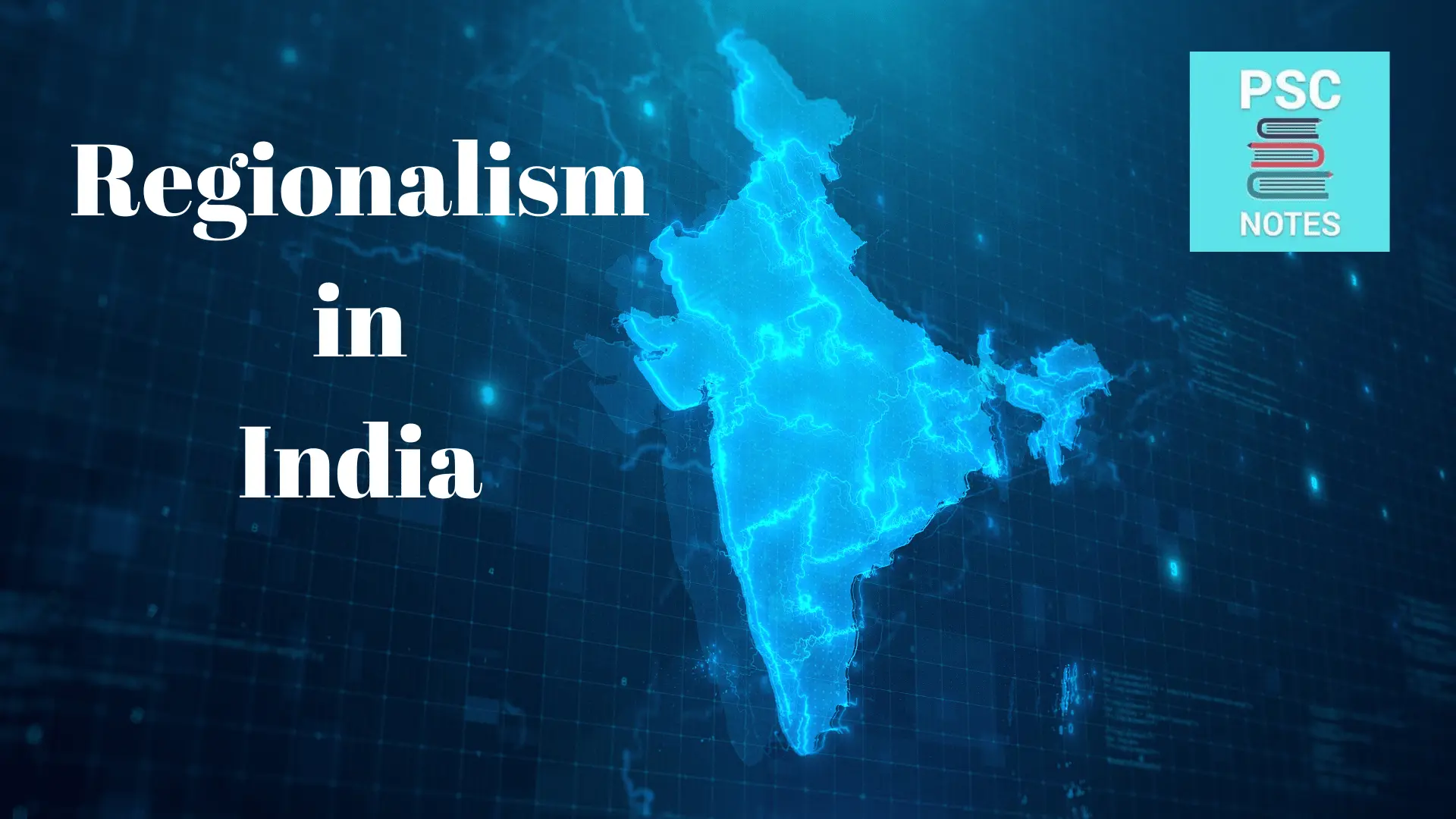Emergence of India as a Republic, Reorganization of States ,Major events of the post independence period
POST INDEPENDENT ERA The era after India’s independence from colonial rule starts with its partition into two halves – India and Pakistan. Lord Mountbatten became the first Governor General of free India and M.A. Jinnah that of Pakistan. The transition was violent, with blood curling massacres all over the country, ample proof to the historic … Read more
